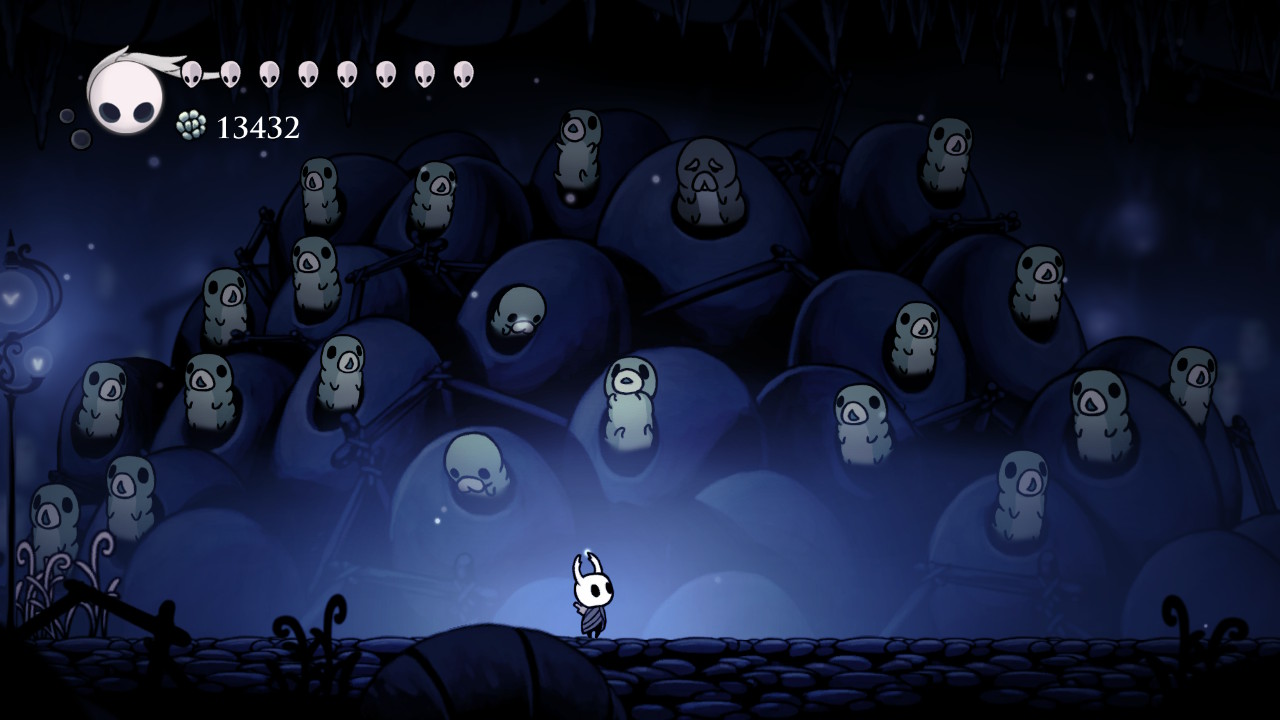Chinese vertical dramas made for phone viewing show the future of mobile video
thenextweb.com
Henry Sung:
What’s remarkable about vertical drama is that it’s not just any scripted content cropped for a vertical aspect ratio. These shows are specifically imagined for the mobile screen from the ground up. This is evident in three features they all share.
I am fascinated by vertical video — it feels like a completely different medium. To me, horizontal video always represents a very deliberate choice to “make a video.” Vertical video is much more spontaneous, like a long photo that lives on your phone.
Seeing the vertical format used for more serious scripted stuff is still uncanny, but I suspect there’s a lot to explore there.
